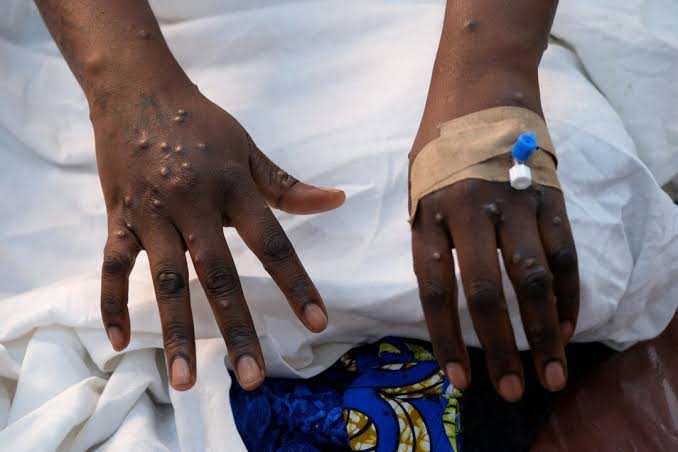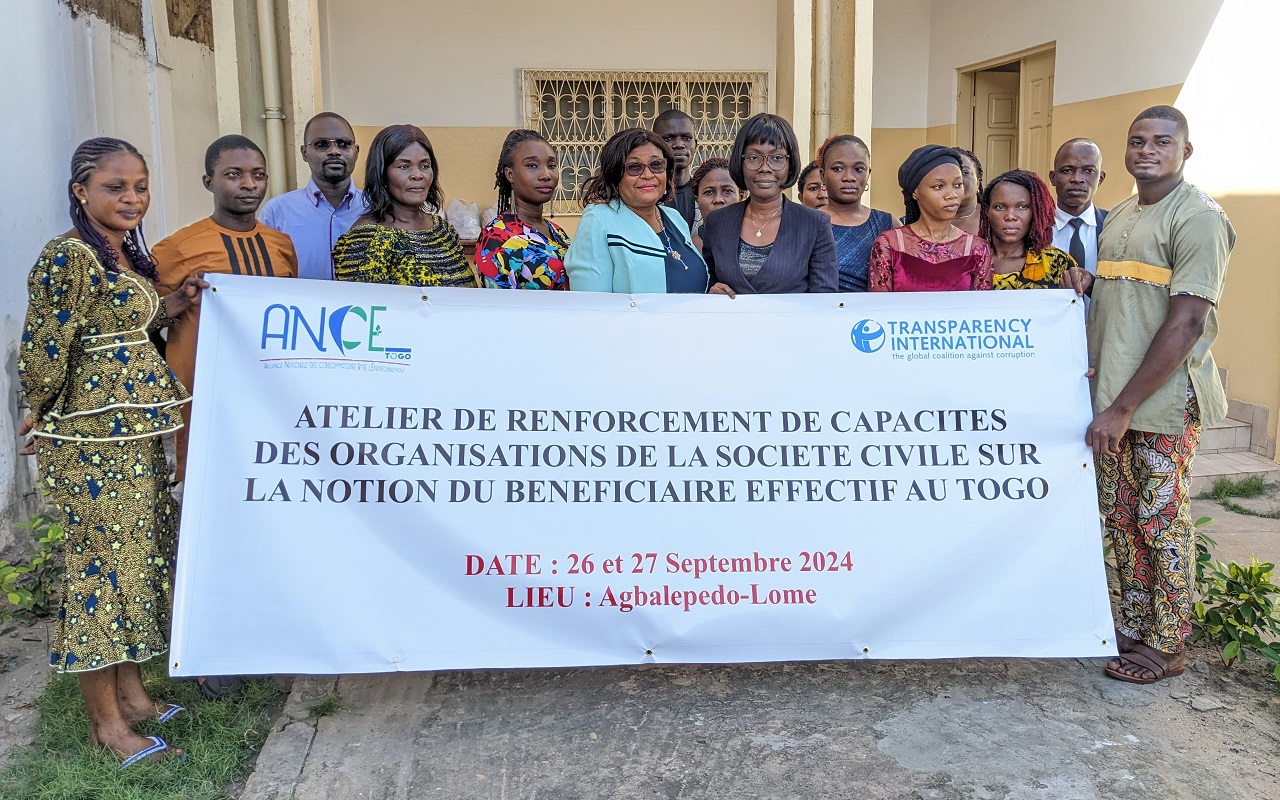Togo’s Ministry of Health has confirmed a case of Mpox (also known as monkeypox) in the Greater Lomé region. The patient, a 22-year-old woman, is currently receiving treatment at a specialized infectious disease facility.
In response, Togolese health authorities have activated a series of precautionary measures, including intensified epidemiological surveillance, the establishment of an early warning system, enhanced medical response protocols, and widespread public awareness campaigns.
Residents have been urged to remain vigilant and adopt preventive behaviors. These include frequent handwashing with soap and clean water, covering the mouth and nose when coughing or sneezing, and avoiding direct contact with the bodily fluids, skin lesions, or blood of infected individuals. Health officials emphasize the importance of early reporting to the nearest medical center in case of suspected symptoms for timely treatment. “Mpox is a treatable disease when detected and managed early,” stated the Ministry.
This development comes amid a broader regional concern. According to the latest report from the World Health Organization (WHO) dated May 13, Africa has recorded 14,758 cases of Mpox in 2025 alone. The Democratic Republic of the Congo accounts for over half of these cases. Uganda has reported more than 4,500 cases, while Sierra Leone and Burundi have documented 1,397 and 987 cases, respectively. The number of deaths linked to the virus across the continent has risen to 67 this year.
Mpox is a contagious viral disease that affects individuals of all ages. Transmission typically occurs through close contact with an infected person or animal. Common symptoms include fever, headaches, swollen lymph nodes, and characteristic skin rashes. While most cases are mild, complications can arise, particularly in vulnerable populations.
Health authorities across Africa are reinforcing their response strategies as cases continue to climb, with calls for international support and coordination growing louder.
Confirmed case of Mpox in Togo amid rising infections across Africa




